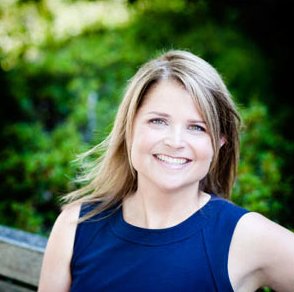"Scholarship in the Future University"
A Celebration of the Founding of the UBC Emeritus College
April 11 and 12, 2019
Speakers and Moderators
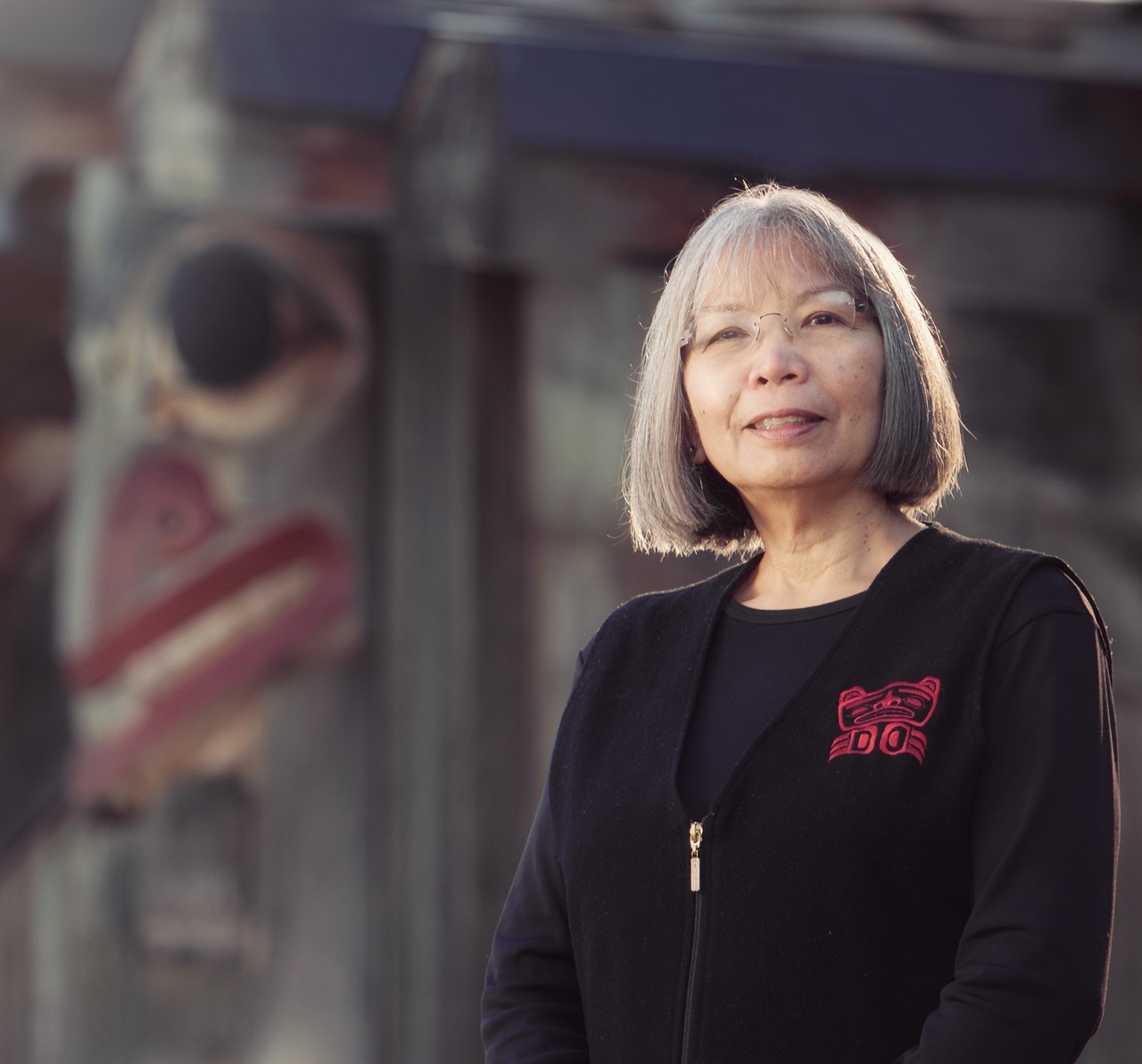
Jo-ann Archibald
Jo-ann Archibald Q’um Q’um Xiiem, of Stó:lō and St'at'imc ancestry is professor emerita, Educational Studies, at UBC. She was the former director of the UBC First Nations House of Learning, associate dean for Indigenous Education, director of UBC’s Indigenous Teacher Education Program, NITEP, and professor. Jo-ann received a Doctor of Philosophy (PhD.) degree from Simon Fraser University. In 2018 she was appointed an Officer of the Order of Canada.
Jo-ann Archibald moderates session 4 on Friday, April 12.

Paul Axelrod:
Paul Axelrod is a professor emeritus and former dean of the Faculty of Education at York University in Toronto, Canada. He has written widely on the history and policy development of higher education. His publications include, Values in Conflict: The University, The Marketplace and the Trials of Liberal Education, and (co-editor), Making Policy in Turbulent Times: Challenges and Prospects for Higher Education.
Paul Axelorid sits on the panel in session 6 on Friday, April 12.

Kumari Beck
Kumari Beck is an Associate Professor and Co-Director for the Centre for Research on International Education in the Faculty of Education at Simon Fraser University. Her research interests span internationalization of higher education, international education, internationalization of curriculum, equity issues in education, globalization, postcolonial theory, and international development. The courses she teaches reflect these interests: international education, current issues in curriculum, multicultural and anti-racist education, secondary social studies, and equity issues in education.
Kumari Beck sits on the panel in session 3 on Thursday, April 11.
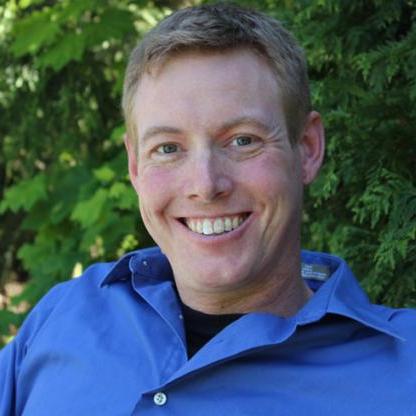
Aaron Boley
Dr. Boley investigates the birth of planets, and seeks to put the Solar System in context with the many worlds now known to exist. His research program addresses processes such as the rise of planet-forming discs, the formation of solids found in meteorites, and the long-term evolution of planetary systems and their debris (asteroids and comets). He is also a co-founder of The Outer Space Institute, and explores possible impacts of human activities on astro-environments.
Aaron Boley sits on the panel in session 5 on Friday, April 12.

Michael Byers
Michael Byers’ work focuses on Outer Space, the Arctic, climate change, the laws of war, and Canadian foreign policy. Dr. Byers most recent book, International Law and the Arctic (Cambridge University Press), won the 2013 Donner Prize. Dr. Byers is a regular contributor to the Globe and Mail newspaper.
Michael Byers sits on the panel in session 5 on Friday, April 12.
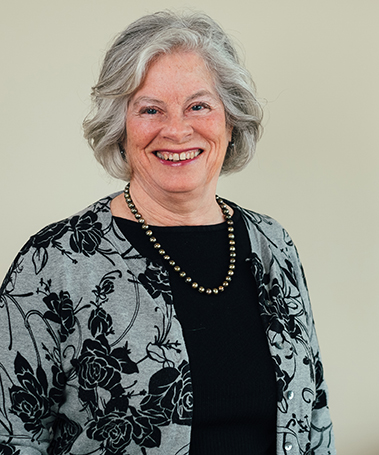
Elaine Carty
Professor Emerita Elaine Carty came to UBC in 1974 after teaching at both UNB and Queen’s. Women’s health and the health of childbearing families has been her focus for practice, research and advocacy. In the School of Nursing (Medicine) she became the founding Director of the Midwifery Program. Honours include a UBC Killam Teaching Award, Honorary Doctorate (McMaster University), Distinguished Alumna Awards from Yale and UNB, and Order of BC and Order of Canada.
Elaine Carty will present the Summary Statement on Friday, April 12.
Don Fisher
Dr. Fisher is a Professor Emeritus in the Department of Educational Studies, Vice-Principal of Green College and Vice-Principal of the UBC Emeritus College. His research focusses on university education and most recently he co-edited with K. Rubenson, T. Shanahan and C Trottier The Development of Postsecondary Education Systems in Canada: A Comparison between British Columbia, Ontario and Québec, 1980-2010 (2014).
Don Fisher will present the Summary Statement on Friday, April 12.
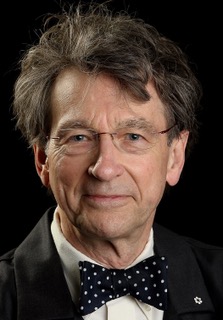
John Gilbert
Professor Emeritus John Gilbert UBC, is a Senior Scholar, WHO Collaborating Centre on Health Workforce Planning and Research, Dalhousie University. He holds the DR. TMA Pai Endowment Chair in Interprofessional Education & Practice, Manipal Academy of Higher Education, India, is Adjunct Professor, University of Technology, Sydney and Founding Chair, Canadian Interprofessional Health Collaborative. A Member of the Order of Canada, he received an Honorary Doctorate (Dalhousie) and the Pioneer Award, National Center for Interprofessional Practice and Education.
John Gilbert is the moderator of session 3 on on Friday, April 12.
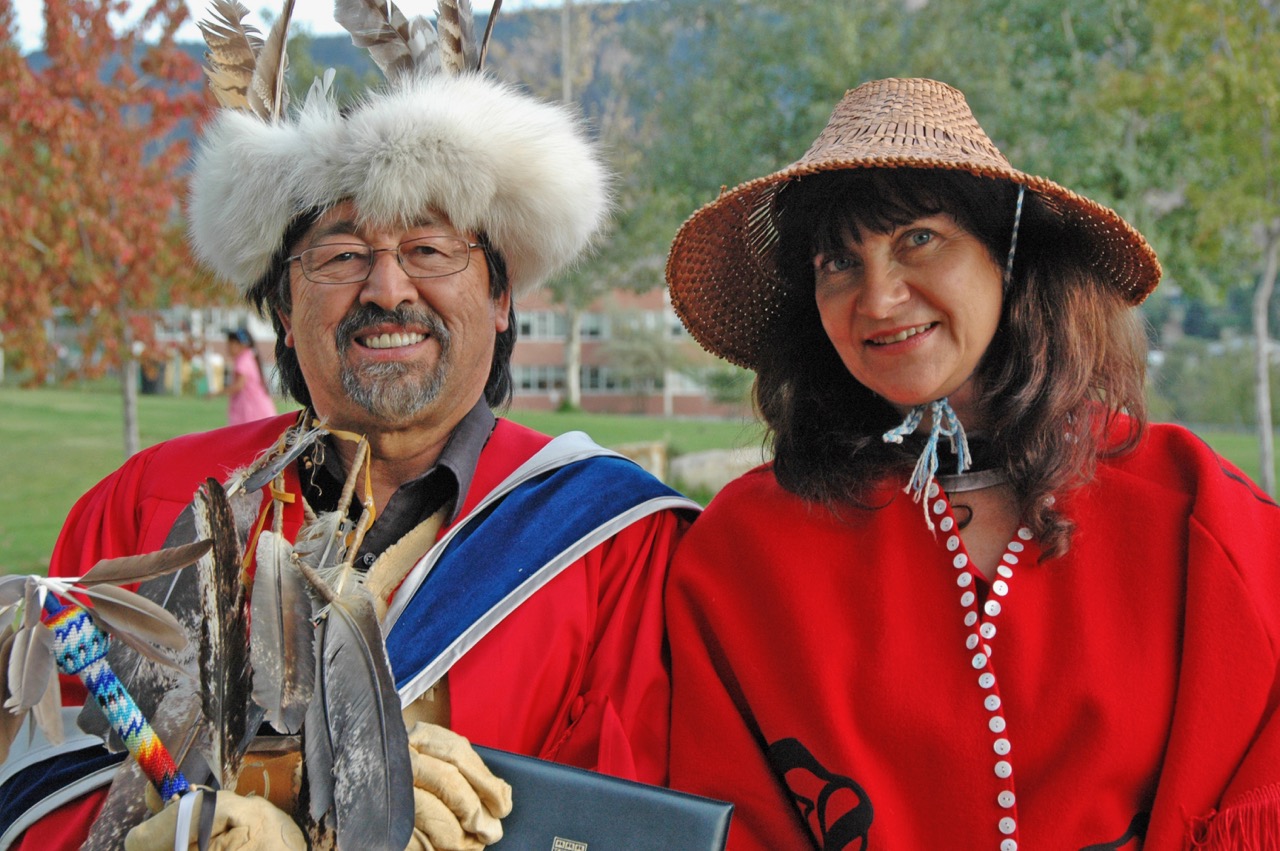
Marianne Ignace
Marianne Ignace (Gulkihlgad) is Professor of Linguistics and First Nations Studies at Simon Fraser University. She is also the Director of SFU’s First Nations Language Centre and First Nations Languages Program. She has carried out research in and with First Nations communities for some 40 years, notably on Indigenous language revitalization, Haida language and discourse, Secwépemc langage, ethno-ecology, ethnohistory and oral histories, including the recent Secwépemc People, Land and Laws – Yeri7 re Stsq’ey’s-kucw, co-written with Ronald Ignace.
Ronald E Ignace
Chief Ronald E. Ignace (Stsmél̓qen) is a member of the Secwépemc (Shuswap) Nation. He has been the elected Chief of the Skeetchestn Band for more than 30 years. He holds B.A. and M.A. Degrees in Sociology (UBC) and PhD in Anthropology (SFU) in 2008 with a dissertation on Secwépemc oral histories (2008). He is the co-author, with Marianne Ignace, of Secwépemc People, Land and Laws (2017), and continues to practice traditional food gathering on Secwépemcul’ecw.
Marianne and Ronald will give a talk at session 4 on Friday, April 12.
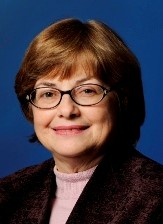
Phyllis Johnson
Phyllis Johnson is in the Department of Sociology, UBC. She has conducted research on the adjustment of Vietnamese and Sudanese refugees. Her current research on work-family interaction when one member works in a distant and dangerous place uses interviews and questionnaires to study astronauts and cosmonauts. In 2011, she received the Jan Trost Award from NCFR’s International Section in recognition of her significant career-long contributions to cross-cultural family research.
Phyllis Johnson sits on the panel at session 5 on Friday, April 12.
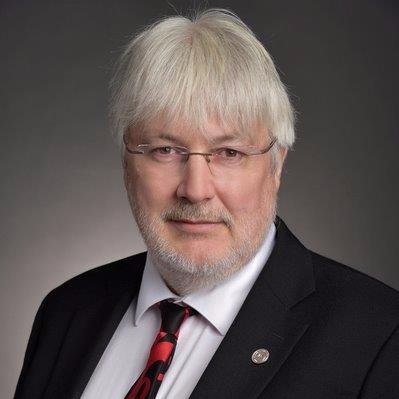
Glen Jones
Glen A. Jones’s research focuses on higher education policy, governance and academic work. In 2018 he received an honorary degree from the University of Manitoba. His most recent book (with Martin Finkelstein), Professorial Pathways: Academic Careers in a Global Perspective, will be published in 2019 by Johns Hopkins University Press.
Glen Jones is the speaker at session 1 on Thursday, April 11.

Andre Mazawi
André Elias Mazawi serves as professor in the Department of Educational Studies. A sociologist of education by training, he is interested in comparative and international aspects of higher education governance, faculty recruitment and the geopolitics of higher education development with particular reference to the Mediterranean basin and the Arab region.
Andre Mazawi is on the panel at session 2 on Thursday, April 11.
Dianne Newell
Dianne Newell, Professor Emerita, UBC History, holds a post-retirement faculty position the Institute for the Oceans and Fisheries and is Principal, UBC Emeritus College. A historian of technology in society, her research interests span a range of subjects from Canadian social and economic history to Northwest Coast fisheries and Indigenous women working in the industrial economy.
Dianne Newell opens the symposium on Thursday, April 11
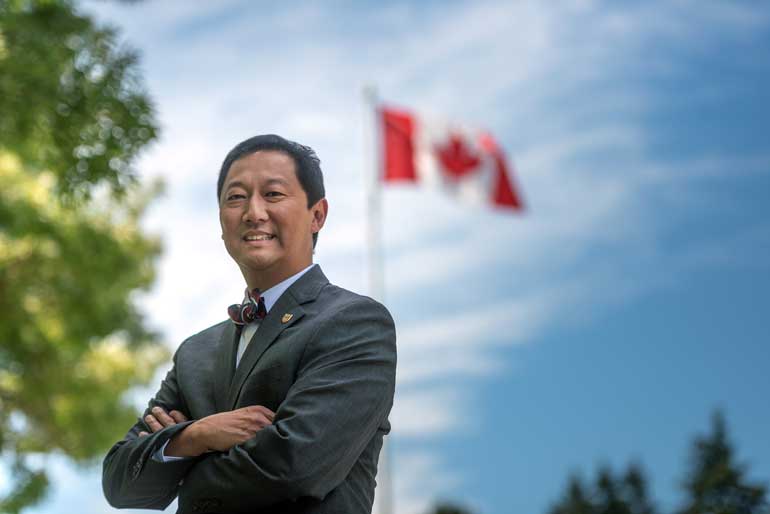
President Ono
President and Vice-Chancellor of UBC since 2016, has also served as president of the University of Cincinnati. As a professor of medicine and biology, he has worked at Harvard, Johns Hopkins, University College London, and Emory universities. His research encompasses the immune system, eye inflammation and age-related macular degeneration. An avid music lover, Professor Ono studied at the Peabody Conservatory of Music in Baltimore and still finds time to play his cello.
President Ono is the moderator of session 6 on Friday, April 12.

Kjell Rubenson
Professor Emeritus and former co-director of the UBC Centre for Policy Studies in Higher Education and Training, held the first chair in Sweden in adult education. The research supervisor for several large national and international projects that addressed structures, polices and outcomes of adult education and lifelong learning, he is the founding President of the European Society for the Study of Education of Adults and a UNESCO Institute for Lifelong Learning Honorary Fellow.
Kjell Rubenson is the moderator at session 1 on Thursday, April 11.
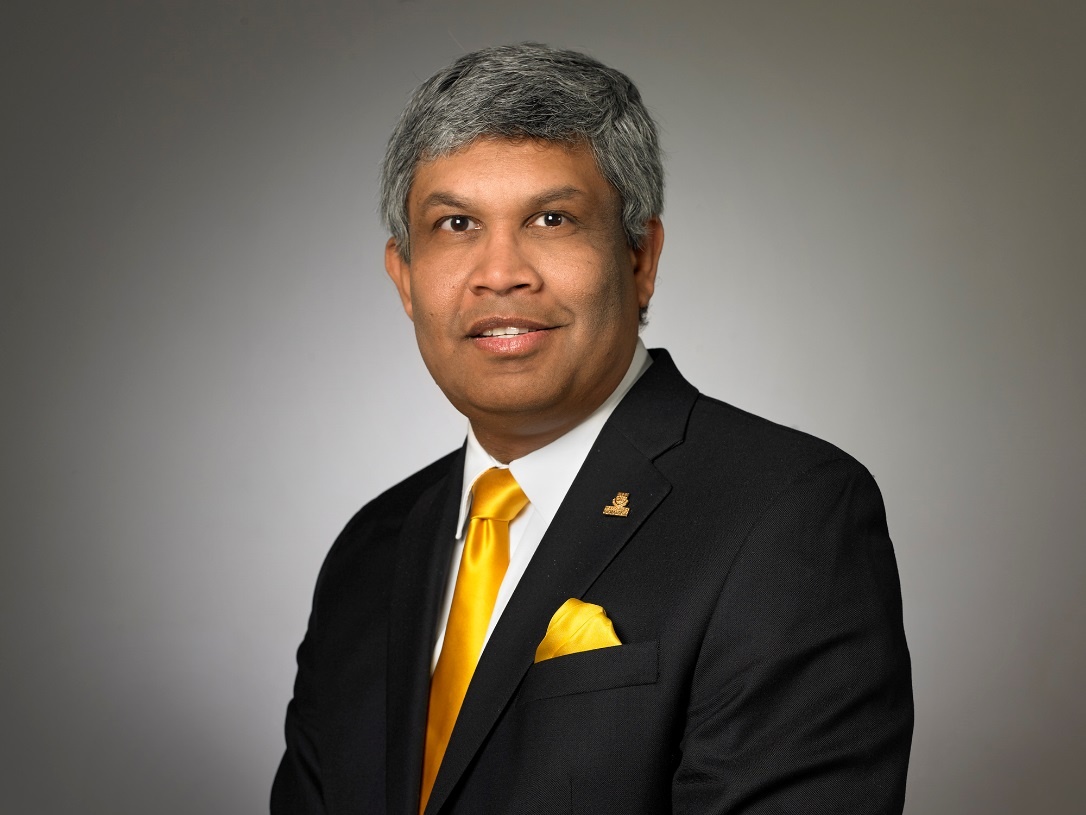
Janaka Ruwanpura
Dr. Ruwanpura is Vice-Provost (International) and Professor, Schulich School of Engineering at the University of Calgary. He is a former US Fullbright Scholar and a recipient of the University of Calgary’s International Achievement Award. As Vice-Provost, he is revitalizing the University’s international strategy.
Janaka Ruwanpura is on the panel at session 3 on Friday, April 12.

Olav Slaymaker
Olav Slaymaker, AM (Harvard), PhD (Cantab), was Professor of Geography at UBC from 1968 to 2004. Hs research focus has been landscape science broadly conceived. Since his retirement in 2004 he has been Visiting Professor at the University of Vienna. He is a Member of the Order of Canada; Foreign Member of the Norwegian Academy of Science, and DSc honoris causa, University of Wales.
Olav Slaymaker is the moderator at session 2 on Thursday, April 11.

Michelle Stack
Michelle Stack, Associate professor (UBC) and former senior policy advisor and public commentator on education. Her research interests include university rankings & the role of media in the policymaking process. She is the author of Global University Ranking and the Mediatization of Higher Education and is currently editing a second book on Rankings, Journal Impact Factors and Inequity in Higher Education.
Michelle Stack is on the panel at session 2 on Thursday, April 11.
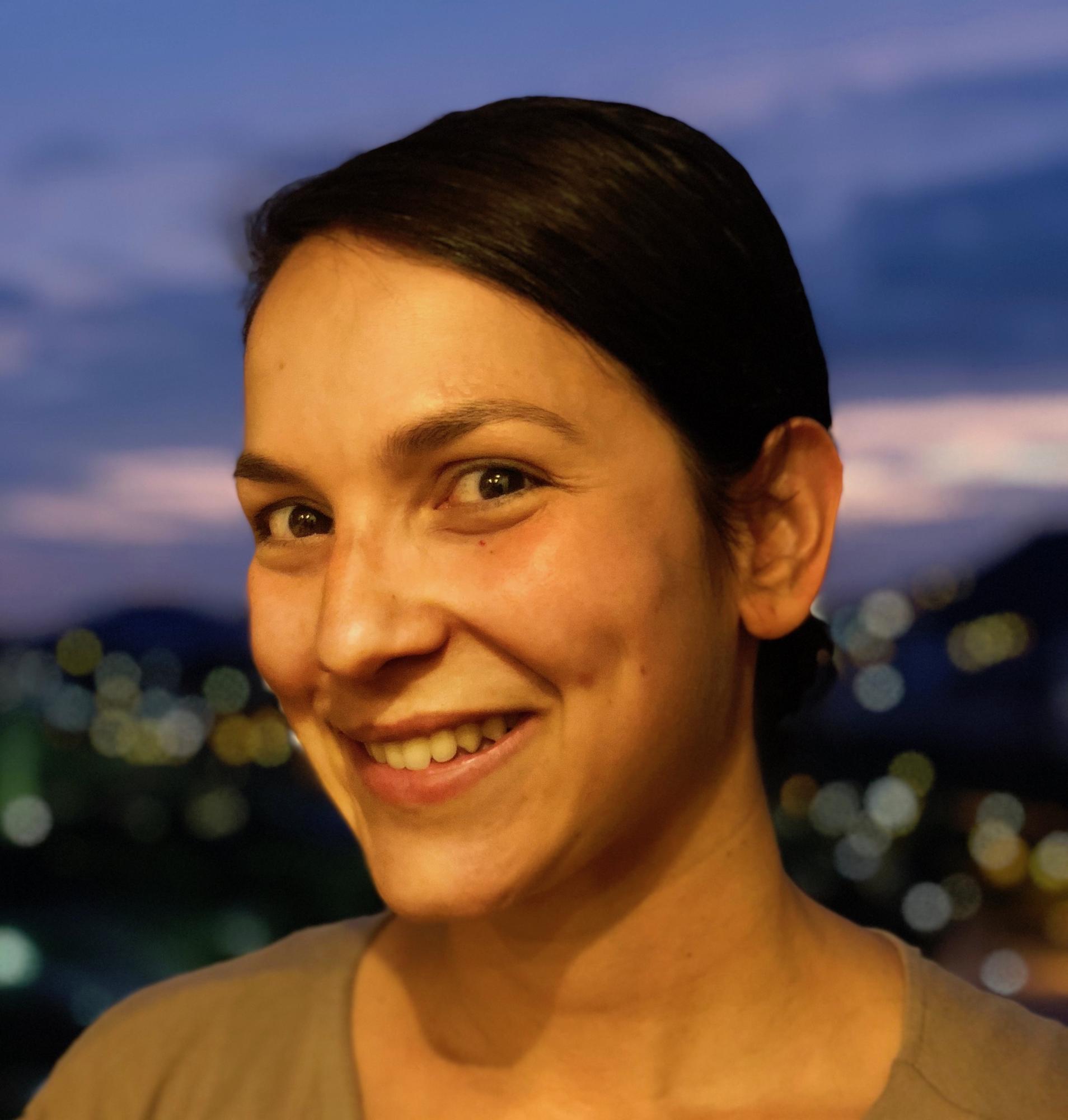
Sharon Stein
Sharon Stein is an Assistant Professor in the Department of Educational Studies at UBC. Her scholarship brings critical and decolonial perspectives to the role of higher education in society, especially as this relates to internationalization, decolonization, and sustainability. Her work emphasizes the educational challenges of addressing the interrelated ecological, cognitive, affective, relational, and economic dimensions of global interdependence. She is also the convener of the Critical Internationalization Studies Network.
Sharon Stein is on the panel at session 2 on Thursday, April 11.
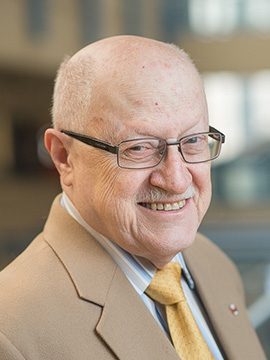
Peter Suedfeld
Peter Suedfeld is Dean Emeritus of Graduate Studies and Professor Emeritus of Psychology at UBC. His publications are primarily concerned with the psychological effects of challenging environments, including spaceflight. A former chair or member of many committees for the Canadian Space Agency as well as NASA he is recipient of the Canadian Polar Medal, Fellow of the Royal Society of Canada and the Royal Canadian Geographical Society, and academician of the International Academy of Astronautics.
Peter Suedfeld is the moderator at session 5 on Friday, April 12.
